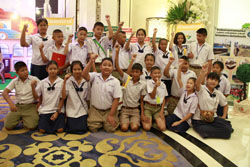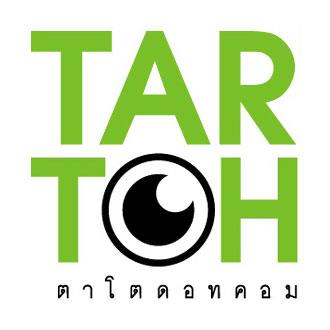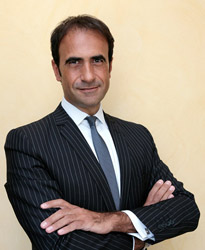
Mr. Roberto Callieri, Asia Cement’s Co-Managing Director, stated “with over 5 million metric tons per year production capacity that focuses on product and service quality, ACC has been serving the Thai market for over 25 years. In addition, ACC has been emphasizing various sustainable development policies on health and safety, energy conservation, environmental protection, and pollution prevention to ensure that there are no harmful effects on the local community. Furthermore, ACC has been educating and instilling a sense of environmental responsibility among its employees and aligning ACC’s waste management practices with the World Business Council for Sustainable Development standards.”
Since 1989, ACC had initiated various social and local community activities such as giving out scholarships, building libraries for schools and local communities, installing water tanks in villages, constructing playgrounds, organizing mobile medical units and offering free check-ups for local people. ACC has also participated in reforestation and organizing book donation programs for children living in rural areas. In 2014, ACC initiated its “25 Renewable Energy Schools Project” to celebrate 25 years of success and to establish meaningful relationships among its employees, the local communities, and educational institutions.
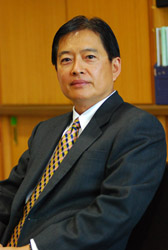
ACC’s Co-Managing Director, Mr. Nopadol Ramyarupa added “the project is a part of ACC’s social policy and is closely related to the company’s environmental and energy policy as well as supporting Thai Energy Reform. The project involves the installation of 4kW on-grid solar PV rooftop panels to be used alongside electricity distributed by the Provincial Electricity Authority (PEA) in small and medium-sized schools situated around the company’s cement plants in Phra Phutthabat district in Saraburi province, Takli district in Nakhon Sawan province, and Cha-am district in Phetchaburi province. All participating schools are registered under the Office of the Basic Education Commission.
In numbers, participating schools were able to reduce their electricity bills by approximately 80%-90%, thus allowing schools to increase their annual operating budgets by 13 to 16%
Furthermore, participating schools serve as learning centres on renewable energy for locals to learn and apply to their daily lives.
ACC had also prepared educational handbooks on various scientific topics such as: electricity from solar energy, renewable energy, energy production and environmental protection, and energy conservation. These are distributed as teaching and study materials.
Despite the fact that solar energy had been operating for sometime, such technology is still new in Thailand due to high installation costs. ACC has spent approximately 7 million THB on its latest project and was able to reduce electricity costs by 720,000 THB which equates to 90,000 kilograms of carbon dioxide per year. Most importantly, the company has been able to educate and instill a sense of responsibility to future generations, which is invaluable.
ACC believes that such projects will be widely accepted in Thailand in the near future due to the use of clean energy which has no effect on the environment and helps to reduce greenhouse gas emissions into the atmosphere, the major cause for today’s global warming.
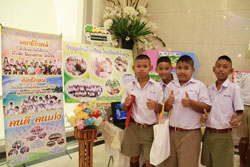
- ถุงซองนิโคติน (Nicotine Pouches) คืออะไร!?
- Snus (สนูส) คืออะไร!?
- โน๊ตบุ๊คและโน๊ตบุ๊คเล่นเกมแตกต่างกันอย่างไร เลือกใช้ยังไงให้เหมาะสม
- depa x TGA ดีป้า (depa) จับมือ ทีจีเอ (TGA ) บูรณาการความร่วมมือ ส่งเสริมและสนับสนุนการพัฒนาภาคอุตสาหกรรมเกม (Digital Content)
- กิจกรรมการอบรมการถ่ายภาพเบื้องต้น WORLD YOUTH PHOTOGRAPHER WORKSHOP


